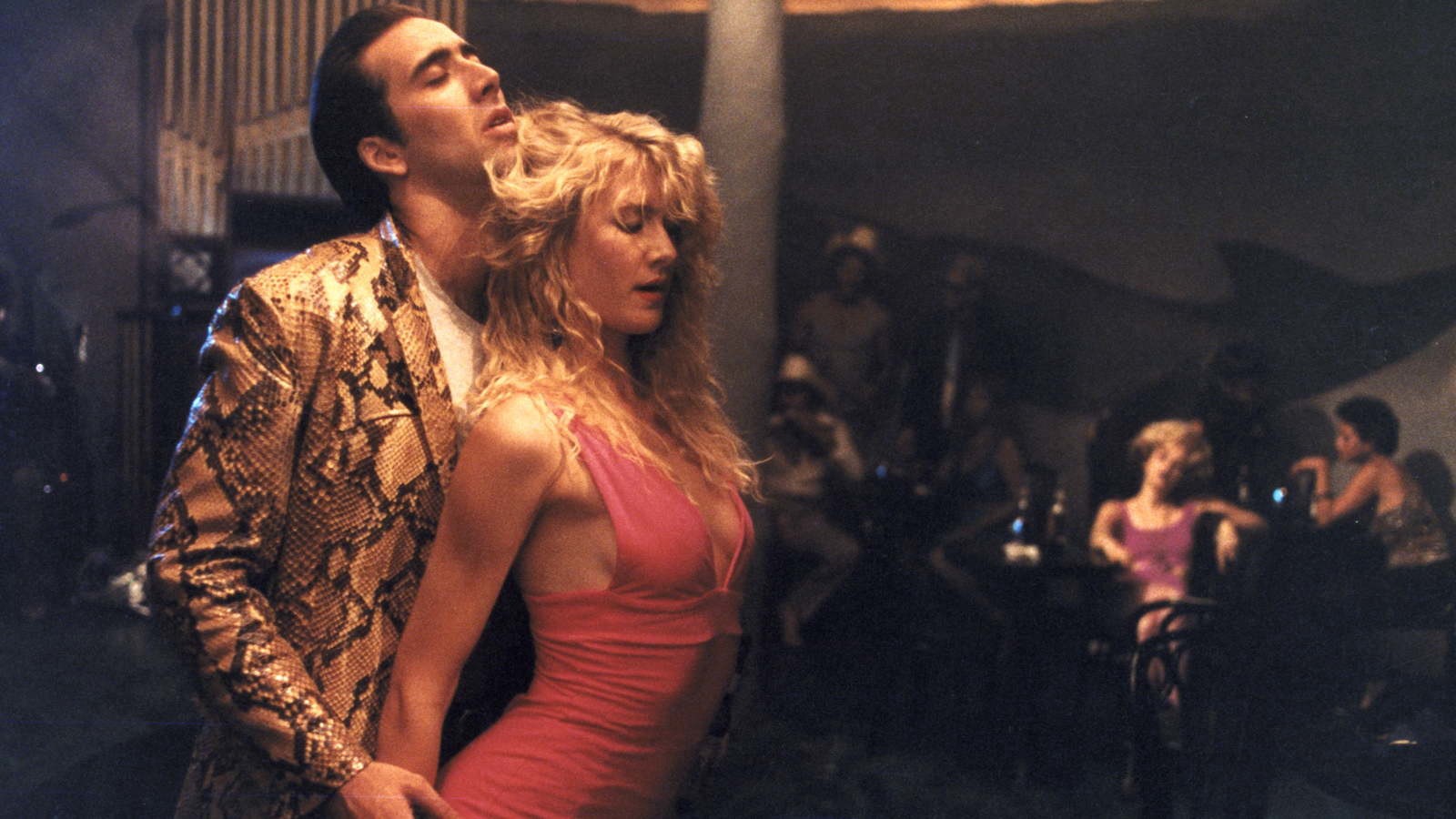There’s no shortage of classic romantic films to last a lifetime of Valentine’s Days: Notting Hill, Pretty Woman, My Best Friend’s Wedding (and those are just from Julia Roberts’ oeuvre). But the lovey dovey holiday isn’t all candy hearts, butterflies, and meeting charming English men in bookstores, because life isn’t so… formulaic. This year, we encourage you to celebrate Valentine’s Day (whether single or tied down) with an unconventional cult flick befitting your mood, whether that be kinky or sad or bitter or anxiety-inducing. After all, sometimes “I love you” is spelled out with a life-or-death game of dares or by placing an egg where it arguably does not belong. Rewrite the rules of courtship with one of these seven cult films that depict romance in atypical ways.
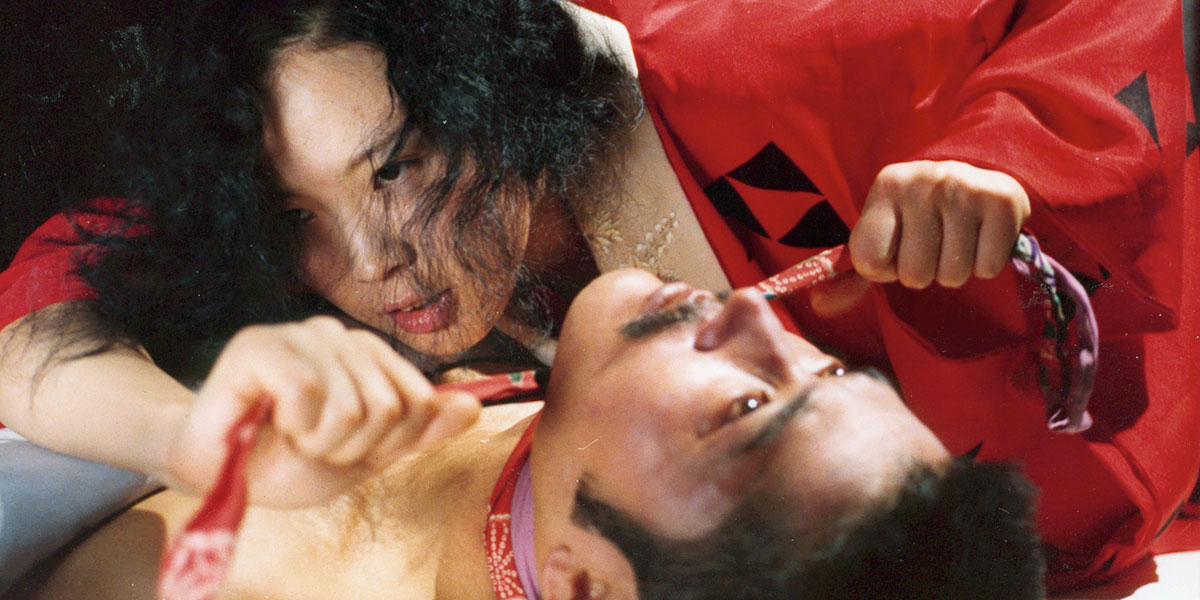
In the Realm of the Senses (Nagisa Oshima, 1976)
Oshima’s singular masterpiece was banned and censored back in the day, and for good reason. Featuring un-simulated sex, the film teetered between arthouse and pornography. Based on the true 1936 case of a maid who castrated her boss after an affair, the film is also set in the 30s, with Eiko Matsuda playing the maid who enters an obsessive sexual relationship with the owner of the hotel where she works (Tatsuya Fuji). They fuck, fuck, and fuck some more, their copulation getting kinkier as their love (lust?) blossoms—to include erotic asphyxiation and the aforementioned vaginal egg play. The viewing experience is visceral and full of sweat, semen, and other liquids (“They say true love means eating food dipped in your lover’s juices”). Obviously, things don’t end well for Matsuda. Perhaps we’ll never truly know a love like this.
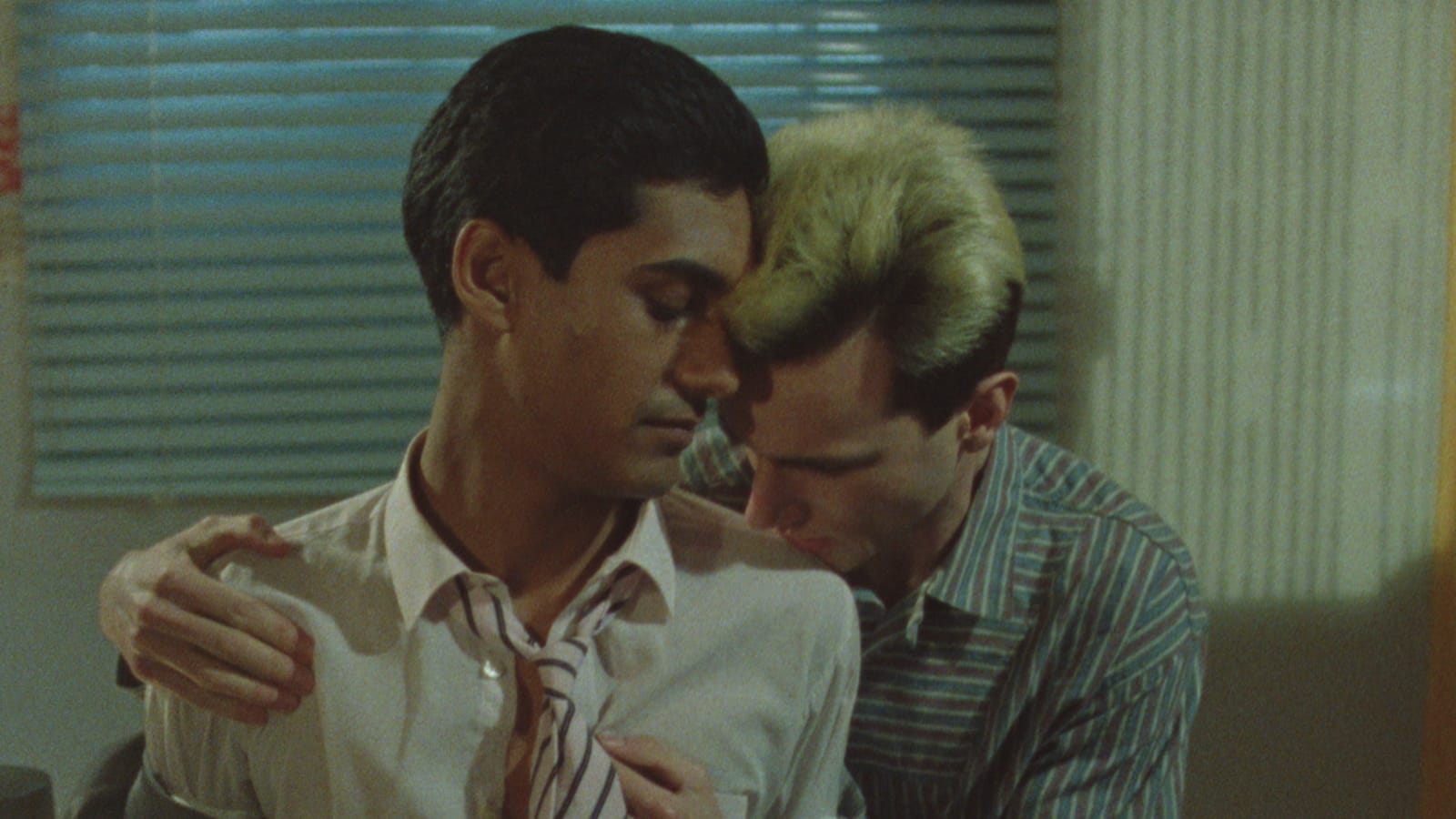
My Beautiful Laundrette (Stephen Frears, 1985)
This queer cult classic, set and made in 80s England, stars Daniel Day-Lewis as a reformed skinhead named Johnny, who sports baggy jackets, ripped jeans, and tufts of blonde hair that sit atop his coiffed ‘do. Johnny starts falling for his childhood friend that he recently reconnected with, but he’s the kind of person his fascist gang would have pick on: a Pakistani man named Omar (Gordon Warnecke), who spends his days taking care of his alcoholic father. Johnny and Omar reunite, make up, and together they end up running Omar’s uncle’s laundrette, which becomes their safe haven. Stephen Frears’ film navigates forbidden romance, Thatcher-era frustrations, race, and sexuality, but makes it joyous, funny, and sexy (there’s an unforgettably steamy neck lick).
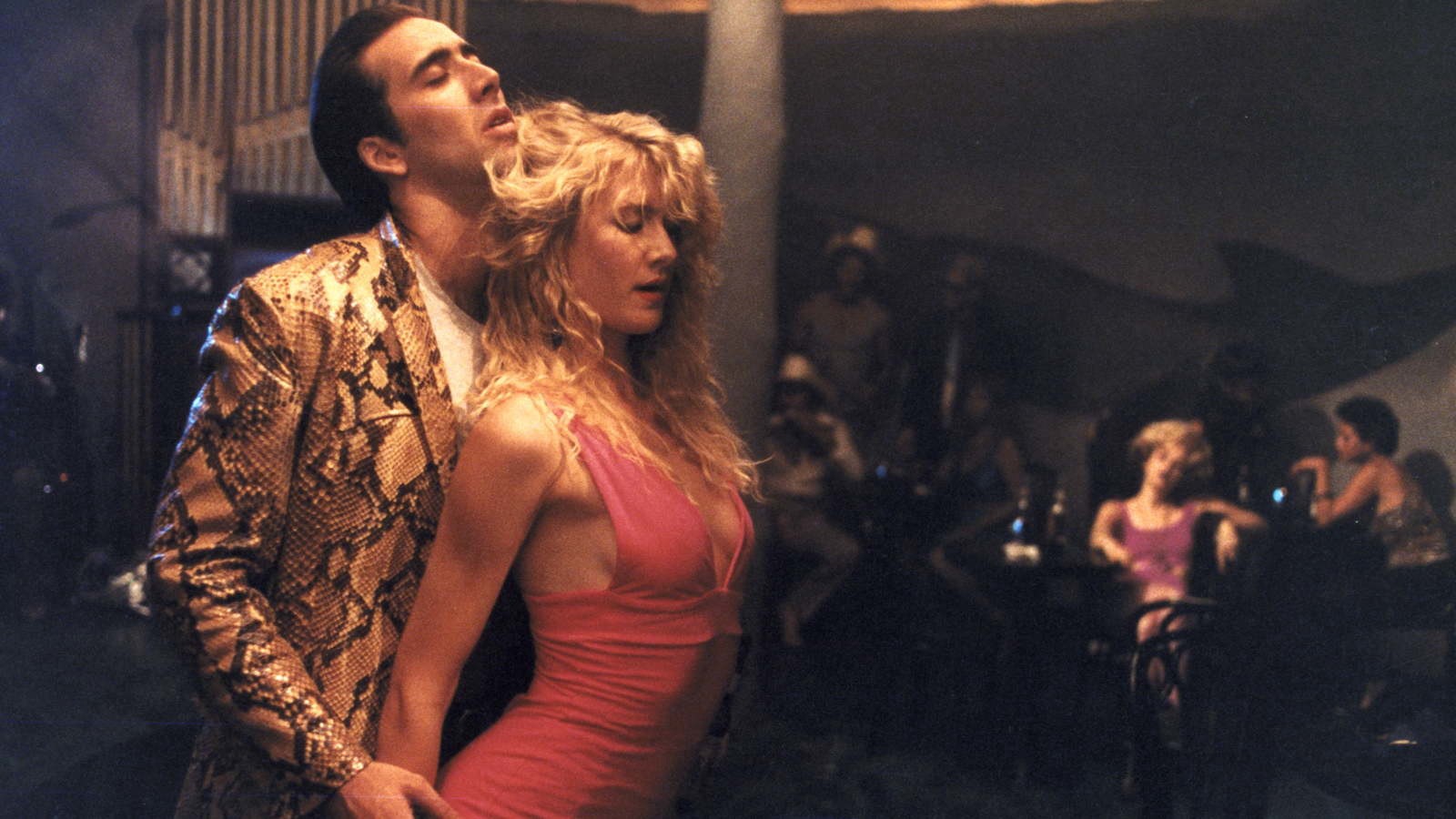
Wild at Heart (David Lynch, 1990)
Laura Dern spent this past year moderating divorces (Marriage Story) and raising four little women (umm, Little Women), but 30 years ago, she played one of her more unhinged roles, in David Lynch’s horny lovers-on-the-run flick, Wild at Heart. After playing the good girl in Blue Velvet a few years earlier, Dern does a complete 180 as the insatiable Lula (fun fact: that’s Lynch’s seven-year-old daughter’s name). She falls in love with a prison bound, snakeskin jacket wearing-man named Sailor, played by Nicolas Cage, and who’s performance includes a heart-fluttering, pelvis-thrusting rendition of Elvis Presley’s “Love Me Tender”. The pair of young lovers are forced to leave town when Lula’s mother (played by Dern’s real mom, Diane Ladd) hires gangster Marcello Santos to kill Sailor. Dangerous!

Laurence Anyways (Xavier Dolan, 2013)
The distressingly young Canadian director Xavier Dolan (often called an “enfant terrible”) was only 24 when he released Laurence Anyways, a 168-minute melodramatic journey about love redefined. This 2013 feature takes place in the 90s and tells the story of long-term lovers Laurence and Fred. Laurence (Melvil Poupaud), nearing 40, decides he wants to become a woman, and asks for support from his girlfriend Fred (Suzanne Clément) during the transition. Though Fred isn’t quick to accept the news, she eventually helps Laurence do her makeup and dress in feminine clothing. Less comfortable with Laurence’s transition are Fred’s mother and colleagues. Over the film’s nearly three-hour course, Laurence and Fred hit peaks and valleys, break up and get back together, and date other people. It’s heartbreaking, often exhausting, but also explosive with colorful costumes and flashy musical montages.
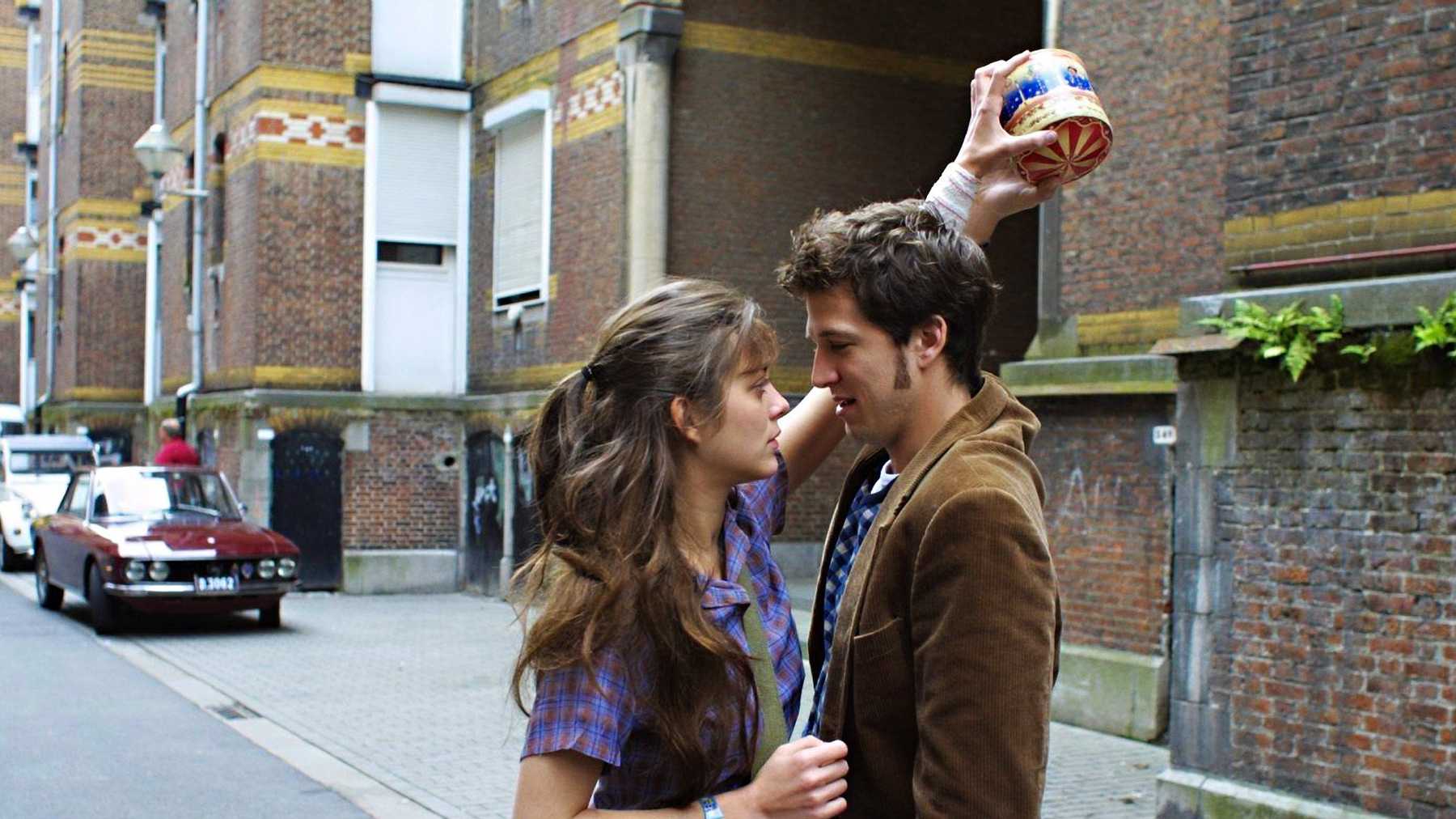
Love Me If You Dare (Yann Samuell, 2003)
Continuing with the trend of lovers showing affection in absolutely mad ways, this underrated French rom-com is basically one big game of truth or dare (okay, minus the truth), starring Marion Cotillard and her now real-life boo, Guillame Canet. Sophie and Julien first meet as children and bond over a game of dare, which results in classroom mayhem followed by being sent to the principal’s office. As they become teens, then adults, they continue upping the ante of the game to the point where it becomes psychotic and life-ruining, all the while masking their feelings for each other. Shot in surreally saturated colors, Love Me If You Dare is explicitly fantastical (so please don’t try these dares at home), and depicts the kind of romance that would be awful in reality, but awful…ly hot in cinema.
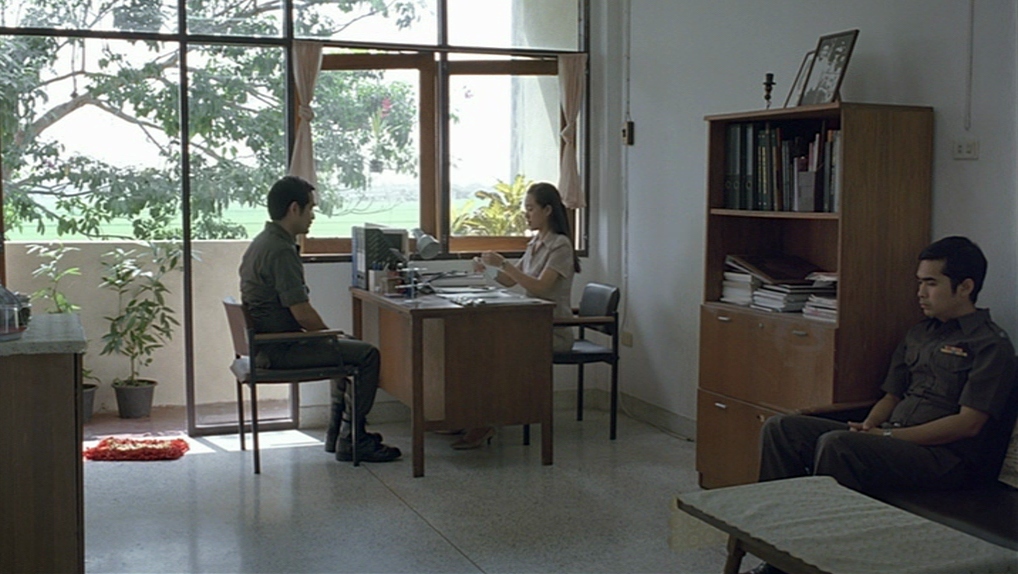
Syndromes and a Century (Apichatpong Weerasethakul, 2006)
The Thai director Apichatpong Weerasethakul took the story of his parents’ meet-cute–they were both physicians working at the same hospital–as the basis for this film, which is split into two mirrored parts. The first takes place in a rural hospital, where doctors (including his parental stand-ins) court each other. The same actors return for part two in a city hospital, in Bangkok, and repeat their interactions to tell the same love story. Though the outcomes are different, Syndromes is an exercise in memory, and how stories are recalled, and the director says it’s also a film about transformation.
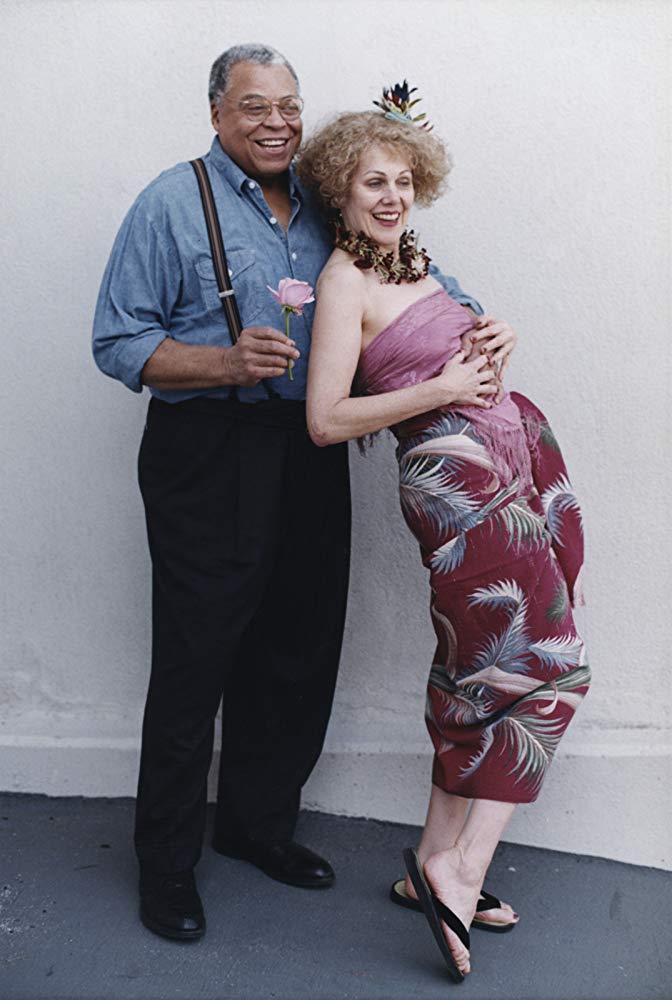
The Annihilation of Fish (Charles Burnett, 1999)
Though considered a minor work of To Sleep With Anger director Charles Burnett, The Annihilation of Fish, about an interracial couple, is (in my personal opinion) his best film. It finds two great middle-aged leads in James Earl Jones and Lynn Redgrave, who prove it’s never too late to find your perfect match. By other people’s standards they may be considered undateable: He wrestles with a demon (actually, physically, he tumbles around his apartment) and she’s convinced that the deceased composer Giacomo Puccini is in love with her. The two neighbors become unlikely companions and though they both clearly have their own quirks, Burnett tells this story of two strange lovebirds with such understanding and empathy.
